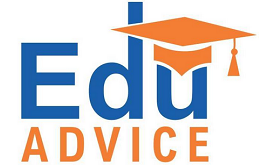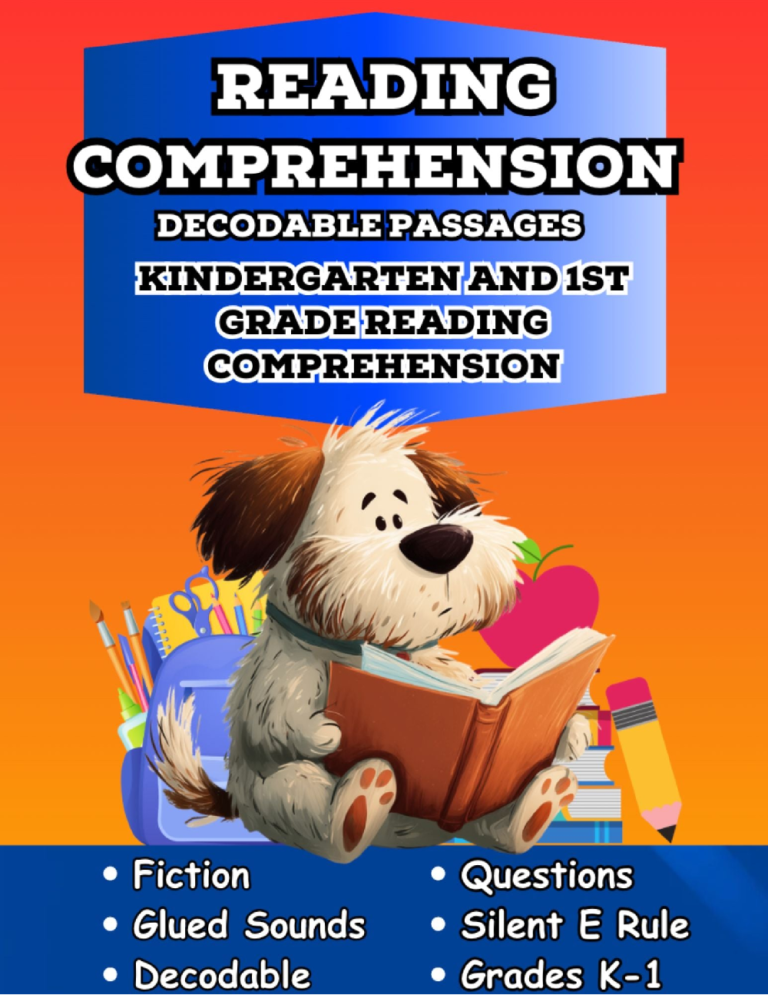You have just graduated in education and you have reached an important milestone in life. Now that you’re entering a new chapter, it’s understandable to feel a mix of emotions. You are probably excited to embark on your new profession. Or you may still be confused and clueless about the right career path to take.
Having a bachelor’s degree in education does not limit opportunities to the sole field of teaching. There are several other career paths and jobs you can participate in with such a qualification. But as mentioned, it can get confusing or intimidating at best.
If you feel like this, don’t worry because it happens. You might need a little nudge and more information on the different options you have when it comes to your jumpstarting career.
Choose the right career path
As a recent graduate, you may think you can’t be choosy when it comes to your first job. After all, many others like you are looking for the same role and may even have better qualifications and skills. Most education graduates choose to settle down and become an educator to begin their career path.
If you plan to do the same, that’s fine. But as you go along, you’ll find that an education degree isn’t just about teaching.
Sometimes there is no definite way to tell which career path is the right one to take. What works for others may not work too well for you and vice versa. It all comes down to what you think is the right decision for your career.
Below are several tips that you may find helpful when trying to determine the right path for your professional growth.
1. Define your career goals
A few years ago, your goal was probably to complete your bachelor’s degree. Now that you’ve achieved it, it doesn’t mean you should stop there and resign to have a purpose in life. Defining your career goals can go a long way in helping you choose the right career path for you, especially if you feel stuck in a position where it’s hard to decide.
Start by reflecting on yourself and asking specific questions about what you want to get done. What do you expect from your career? Do you plan to be a teacher for years? How long will it take to advance to the next level, and what kind of advancement will it be? Are you aiming for a promotion?
From there, you’ll likely have a clearer picture of what you see and how you see yourself years from now. If you aspire to advancement or promotion, start thinking now about how to achieve such a goal.
Taking a master’s degree could be extremely helpful in equipping you with the right skills to get a promotion in due time. A special education degree , for example, can be your ticket to becoming a social worker or anything to do with working with people with disabilities.
2. Consider your personality type
Certain jobs would require specific personality types, especially if you plan to work with children or people with special needs. If so, you should consider whether your personality type is recommended for this type of occupation.
Are you a cheerful and cheerful person? Or are you more of the strict, disciplined and serious type? Of course, it’s best to be around children when you can relate to them, and don’t mind being cheerful around them. A happy disposition could influence how you educate and help children.
If you prefer working in an office rather than a classroom, perhaps a role in public offices or non-governmental organizations might suit you better. You can be a school social worker, counsellor, community education worker, education counselor or education administrator.
3. List all job opportunities you can explore
As mentioned, education graduates are not limited to teaching jobs. There are several other opportunities you can explore depending on your skills and qualifications. At this point, you’ll probably be presented with several available positions, but you can’t quite put your finger on the one you find the most lucrative yet.
Listing all the available opportunities at your disposal can go a long way in narrowing down your options. After assessing your personality type and career goals, you can choose the career that will get you started somewhere.
Career paths in education can be very diverse, and it’s up to you to choose the one that’s right for you. You should also expect that each alternative field may require additional qualifications, skills or training, but this should be easy to achieve given your degree in education.
4. Refine your choices
When you have finished listing all of the possible education careers you can take, the next step is to narrow it down to make the selection more accessible and effective for you. What you can do to shortlist your choices is to thoroughly research each position or role you have on the list.
You can read more about job descriptions and requirements for each profession. Do you have what it takes to be in the child care business? What other licenses or training do you need to complete to qualify? Do you know how to write or do you know how to become an editor? Asking questions like these can go a long way to weeding out most options that you think might not be right for you. Ideally, ending up with two to five options on your list should be a good start to narrowing it down.
5. Consider the possibility of winning
Of course, another factor to consider is the earning potential. If you are looking for a high paying job, you should start researching which positions or fields offer better pay. Are private school teachers paid more than public school educators receive? If you have friends or family in the same field, you can ask them to understand the subject better.













+ There are no comments
Add yours